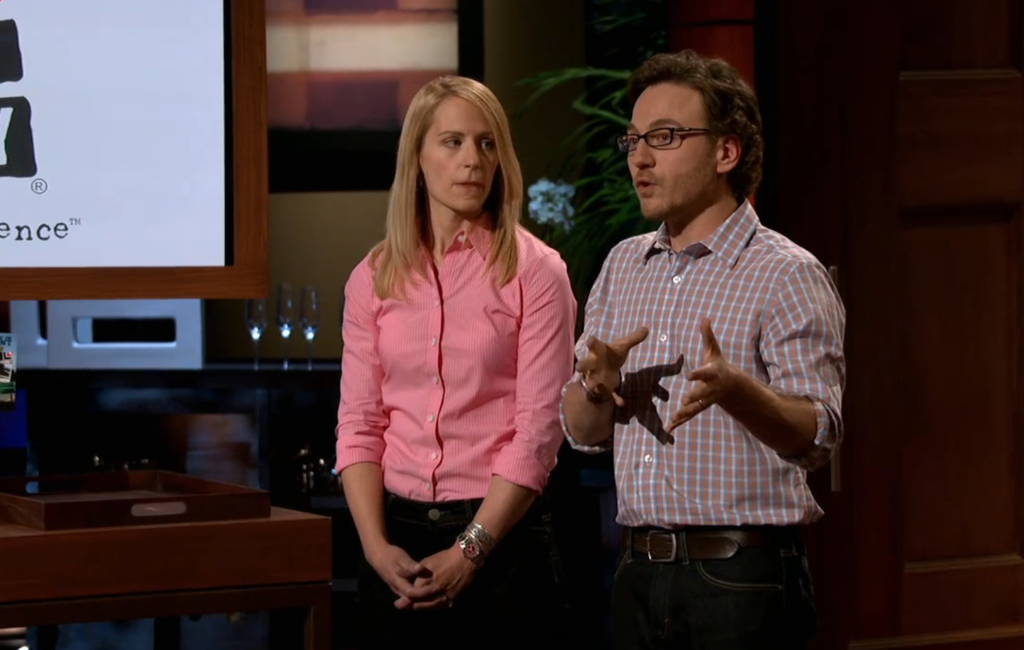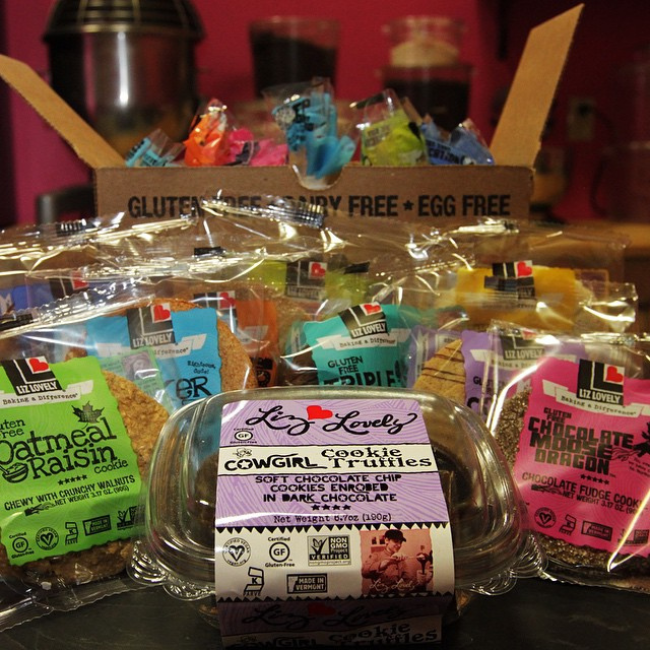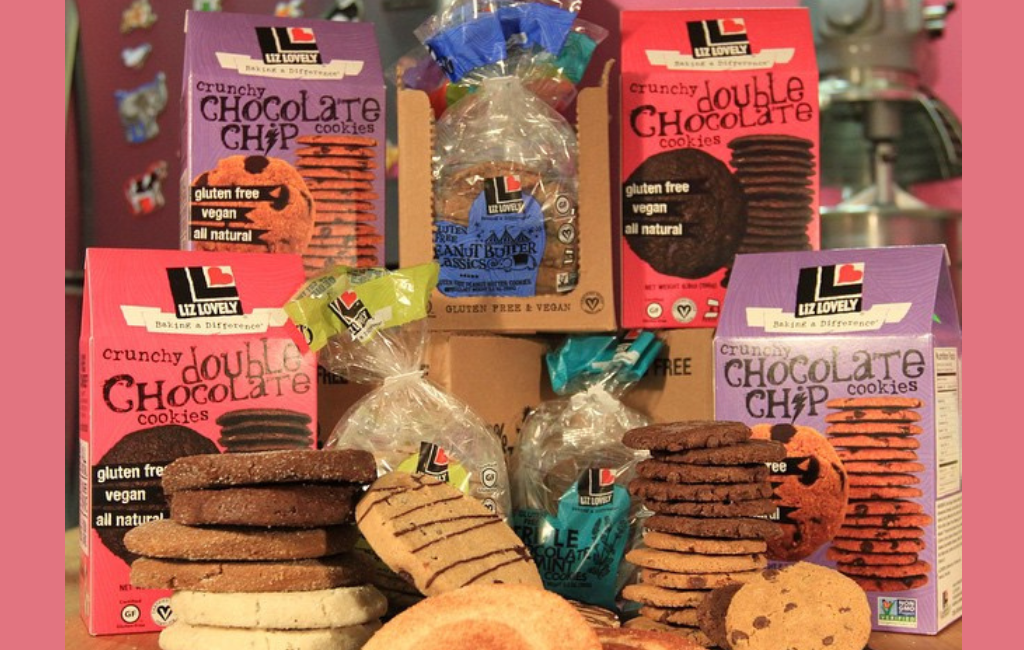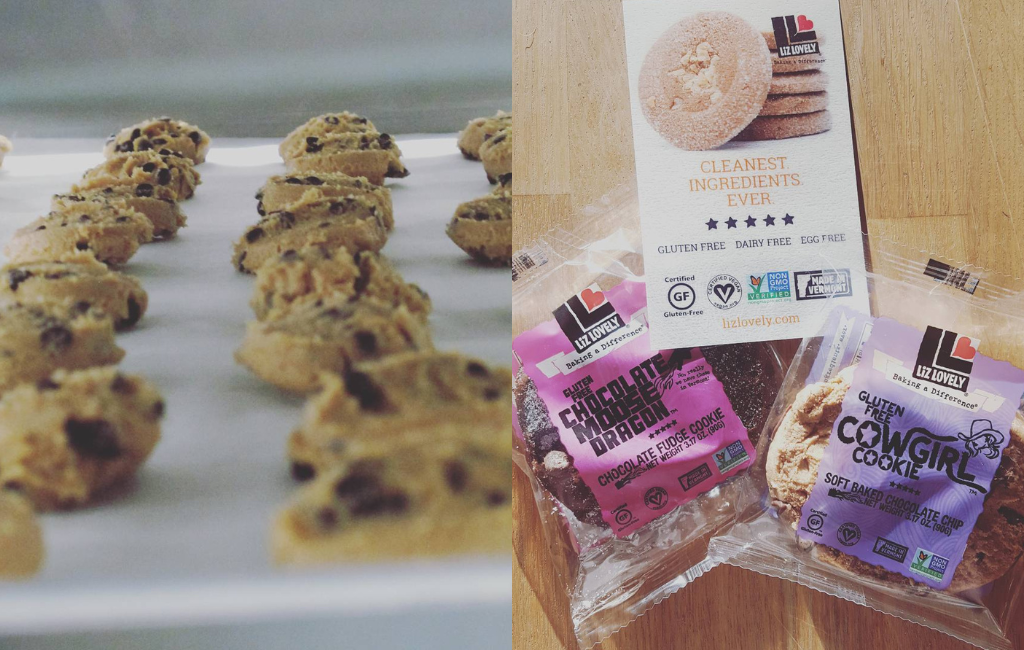Liz Lovely Cookies

NO DEAL
EPISODE SUMMARY
🕓 Air Date: September 28, 2012
Asking For:
$200,000 for 10%
Investor:
No Deal
Deal:
No Deal
PRODUCT SUMMARY
Liz Lovely Cookies produces all-natural, gourmet, vegan, and gluten-free cookies.
WATCH HERE
IN A RUSH?
Click these to jump to the section you want to read.
Background Story
Dan and Liz Holtz, the founders of Liz Lovely Cookies, are high school sweethearts who faced numerous challenges in their journey to build their business. Despite setbacks like surviving the recession and their retail store being destroyed by a tropical storm, their passion for baking and determination to succeed led them to create their unique line of cookies in the green mountains of Vermont.

The Product
Liz Lovely Cookies are crafted using artisan techniques and premium ingredients, omitting traditional elements like wheat flour, milk, butter, and eggs, making them suitable for gluten-free and vegan diets. Their flavors include Cowboy, Chocolate Fudge, and Ginger Molasses.
The cookies have a shelf life of 30 days outside of the freezer and are priced at $3.99 to $4.99 per pack of two cookies. While the cost to make one pack is around $1, they are primarily distributed wholesale, with 90% of sales coming from this channel.

How It Went
The company’s position before Shark Tank
Liz Lovely Cookies achieved nearly $1 million in sales last year, primarily through wholesale distribution. They have partnered with the country’s largest natural foods distributor and have received positive feedback from industry events. Despite facing challenges such as the destruction of their retail location and economic downturns, they’ve managed to stay resilient and creative, focusing on direct sales through their e-commerce platform. The company’s profitability stands at around 10%, but they recognize the potential for growth by optimizing costs and scaling operations.

The Negotiations:
The negotiation process saw all sharks except Mark Cuban opting out. While Cuban was interested in the product, he was concerned about the valuation and ultimately declined the initial offer of $200,000 for 10% equity. The founders then revised their offer to $200,000 for 20% equity, but Cuban still declined. Despite not securing a deal, the founders remained optimistic and determined to pursue alternative avenues for growth.








